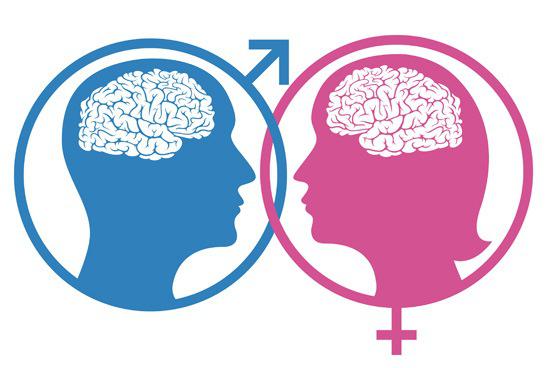
In Belgium, burn-out and nervous breakdown rates have increased with 40% to 50% between 2015 and 2019, and the pandemic has made things worse. This country spends more budget on long-term mental illnesses than on unemployment benefits. As such, you are more likely to be struggling with your mental health than be unemployed these days. The younger generations are well aware of mental illnesses, and not eager to subscribe to mainstream, old-school patterns (toxic behaviors, non-productive presenteeism, endless ‘bonus hunt’, etc.) leading to a “hamster wheel” lifestyle. In a context of gender equality quest, it seems women are especially at risk of burn-out. What is happening?
Despite all gender equity initiatives, data clearly show that female employees and female leaders are especially prone to burn-out and depression risks. Typically, female leaders are very appreciated on the workplace; they work 26% more in order to support their team members and peers. They show more empathy on people’s individual needs than their male counterparts, which leads to happier and more productive teams. What is more, one in three women and 60% of mother with young children spend at least 5 hours a day on housework and caregiving. Besides, the vast majority of mono-parental families are led by a woman. Those unbalances are not recognized as employers don’t play any role in this additional workload.
Another layer of complexity is described in Céline, most women feel the need to comply to “masculine-stereotyped” values and behaviors. Unfortunately, despite opening to female employees, the workplace remains full of masculine values and attributes. The “add-women-and-stir” approach, which many governments enforced with female quotas in leadership positions or in Board of Directors, did not reach its goals. Why ? Because company culture in the workplace remains unchanged and driven by a male culture. This one has been described by Hofstede as driven by strength, competition and performance cult, focus on tangible and material success dominate. If they want to make it, female leaders have to behave like their male peers in order to prove that they belong. (I remember vividly this female manager telling off her employee: “I cannot believe you are tired and stressed out because your mom passed two weeks ago. When my dad died, I took one day off – no more. There is no reason why work should be affected by your personal life.”)
The truth is: the workplace needs female energy more than ever. Kindness and empathy are powerful driving forces that move people around and push them to be the best they can be. Soft power IS power. Who can still make sense of these “disposable human resources” and “body shopping” attitudes in the office? With rising numbers of long-term absence at work, the “masculine society” is losing ground. Employees are making clear they are in need of balance and recognition – not just money and employment security. Younger generations want their well-being and mental health to be taken into account, as well as openness, stability, inclusion, excellent moral and ethical standards. In other words: they don’t want to lose their (mental) health earning money. What we all need now is a culture of well-being at work, which prioritizes employee mental wellness and offers support to all.
I believe the concept of neurodiversity is instrumental in this quest for a healthier workplace, where empathy and employee support play a crucial role. It highlights that every single human brain is unique and requires its specific needs to be met in order to function properly. In order to embrace this, all leaders must understand what makes each of us unique and accept the reality of “individual needs”. Exit the “one-size-fits-all” management – long lives the “tailor-made leadership”!
Why not hold sessions where employees could state “I work best when…” ? Why not normalize that we would each have a different answer? “I work best when I can make a clear split between work time and rest time” “I work best when with music in my ears” “I work best after exercising” “I work best when I start early” “I work best in a deep silence”. Yes, each person is unique and has a unique set of drivers and expectations. The right manager is the one who can acknowledge and support this reality.
What do you think? What can be done to stop these burn-out & depression waves ?


